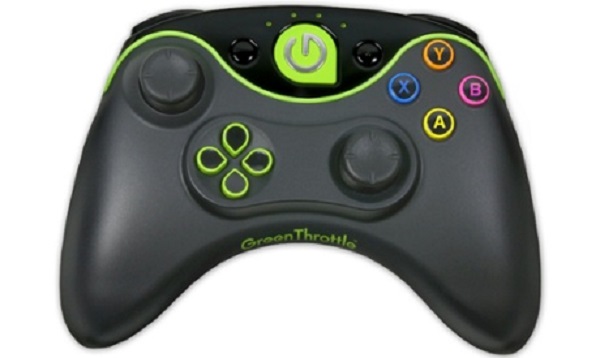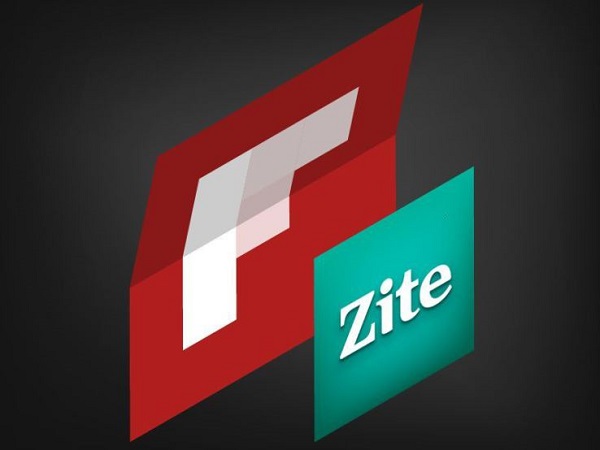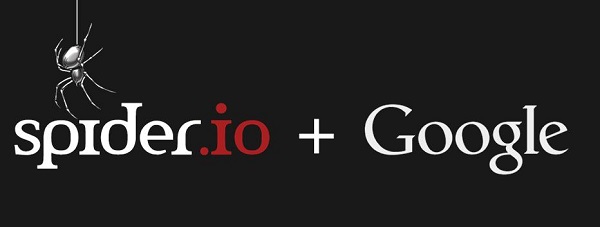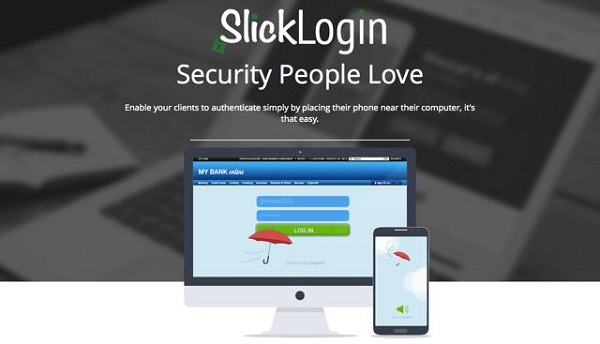
Yesterday, Facebook stunned the world by acquiring virtual reality headset maker Oculus for $2 billion in cash and stock. And I think this shows that Mark Zuckerberg really is the new Bill Gates. Now...

The search giant might be working on a way of bringing mobile games to the big screen, as it confirmed signing a deal with Green Throttle Games, a company with experience in this area.
Rumors regarding Google’s Android console started last summer, and intensified yesterday, when PandoDaily.com revealed that Green Throttle Games is now part of Google.
The Green Throttle Atlas controller (pictured above) creates a virtual console on Android smartphones and tablets when connected via Bluetooth to the app developed by Green Throttle Games. Since this company had a great start in developing both the software and a bit of the hardware required for writing a new chapter in Android gaming, Google figured that it would be easier to buy it instead of working on the same things of their own.
In the case of most mergers and acquisitions, the employees of the smaller company join the greater one, but this doesn’t seem to be the norm here. Charles Huang, co-founder of Guitar Hero creator RedOctane, pointed out that he will retain the rights to the Green Throttle Games brand, and that he will not join Google when the deal goes through.
Nexus TV, the set-top box that Google is rumored to be working on, will focus on gaming, considering this acquisition. Furthermore, Nexus TV seems to be a replacement for Google TV, a product that the search giant launch in 2010. Unlike most devices launched by Google, that set-top box proved to be terribly unsuccessful, as it caused its manufacturer, Logitech, to lose millions of dollars.
Probably one of the best things about a Nexus TV is that the device would run Android and that developers would be able to change it according to their needs and taste. Besides that, the product would represent a direct competitor to Apple TV. If anything, Apple TV represents one of the few occasions in which the Cupertino-based company made something ahead of the search giant.
Google decided not to disclose any of the details surrounding this deal, so we don’t know for sure how much they paid for Green Throttle Gaming, nor what exactly they will be working on. While that is typical for Google, there is a great chance that the Nexus TV rumors are true.
Be social! Follow Walyou on Facebook and Twitter, and read more related stories about the Android video gaming console that Google is rumored to launch this year

The acquisition of Zite by Flipboard suggests that, in today’s world, tech companies are better off buying their smaller rivals than spending time and resources trying to develop new features.
Flipboard’s unique magazine format and cross-platform interoperability turned this piece of software into one of the most popular apps for Android, iOS, Windows Phone 8, Blackberry 10 and Windows 8.1. Now, as a mature company, Flipboard proceeded to making acquisitions, and smaller competitor Zite, previously owned by CNN, seemed to fit the bill perfectly. Besides the $60 million that Flipboard will pay to CNN for Zite, the deal also includes an agreement of including CNN’s content in the mobile app.
KC Estenson, head of CNN’s head of digital, stated that “Flipboard has proven to be one of the biggest drivers of traffic so syndicating our content into Flipboard will see us creating custom magazines for our shows and talent.” Having owned Zite for 3 years, CNN must have figured that they stand no chance against Flipboard in terms of content syndication, so they decided to sell the smaller company to the social-network aggregator for three times the money they spent to acquire it.
Estenson also stated that “With this deal, CNN is invested in the long-term success of Flipboard,” suggesting that even though the tablet magazine startup intends to shut down the Zite service, the bond between the two main sides of the deal remains strong because of the content distribution and joint ad sales CNN and Flipboard agreed upon.
The premium advertising partnership was described by Estenson as “the kind of advertising you see in print magazines.” Given that print magazines will soon be history, I hope that CNN’s head of digital refers to something more durable, the comparison most probably being based on the concept, and not on the format. Either way, advertising will continue to exist no matter what, and the fact that Flipboard is available as a digital product makes things a lot easier.
Unfortunately, the other competitors of Flipboard are not that easy to buy, as they’re being developed by some of the biggest social networks out there. Of course, I’m referring to Facebook’s Paper, an iOS exclusive magazine-style app, and to Pulse, which was acquired by Pulse last year. The mere fact that Facebook’s magazine app is available only on a single platform is a major plus for Flipboard. Also, Pulse got a lot worse, I may say, after being bought by LinkedIn.
Be social! Follow Walyou on Facebook and Twitter, and read more related stories about the

The search giant has really made a goal from turning the Internet into a safer place. After Impermium and SlickLogin, now Google bought Spider.io, a London-based startup focusing on online advertising fraud.
The main reason why Google acquired online ad fraud fighter Spider.io was to make things more transparent for advertisers. It definitely looks like Google has also saved some of its precious time by buying the seven-member team, as Spider.io had already spent 3 years creating a solution to click theft.

Google’s VP of display advertising Neal Mohan mentioned today in a blog post that “This vibrant ecosystem only flourishes if marketers can buy media online with the confidence that their ads are reaching real people, that results they see are based on actual interest. To grow the pie for everyone, we need to take head on the issue of online fraud.”
Spider.io’s fraud detection technology will be implemented in Google’s video and display ads products (most probably in the Google Display Network and YouTube advertising). Mohan continued by saying that “Over the long term, our goal is to improve the metrics that advertisers and publishers use to determine the value of digital media… Also, by including Spider.io’s fraud fighting expertise in our products, we can scale our efforts to weed out bad actors and improve the entire digital ecosystem.”
The problem that the newly acquired company comes to solve is click spoofing, one of the most widely spread threats that online advertisers can face. This is done either by bots or by human dupes, and the result affects both the advertisers and Google, whose entire business model is based on this industry. Obviously, Google has tried to solve this problem over the years, but not it will much easier, as it owns a specialized solution.
Google did not disclose any details regarding the acquisition of Spider.io, so it’s anyone’s guess as to when the transaction will be completed or how much the search giant spent on this company. Regardless, it’s great to see that one of the tech titans is also interested in making the lives of advertisers better (well, that’s in its interest, as well), not just in investing in robotics, AI and 3D mapping smartphones. Each of these projects or acquisitions has something special in its own, and Google seems to put its fingers in a lot of pots, something that usually ends well for such a company.
Be social! Follow Walyou on Facebook and Twitter, and read more related stories about how Google bought SlickLogin and Google’s acquisition of Nest Labs.

Israel-based security startup SlickLogin is now part of Google’s portfolio. The goal of this acquisition is to make the Internet safer by replacing text passwords with sound-based ones.
Let’s face it, text passwords are frustrating. You need to pick a unique, complex password for each account that you open on the Internet. Using the same one for all of them might lead to a nasty chain reaction in case one of the accounts get compromised. And no, “password” is not an option! With this in mind, Google plans to revolutionize Internet security by working closely with the employees of its latest acquisition, SlickLogin.

SlickLogin confirmed the acquisition on the company’s website: “Today we’re announcing that the SlickLogin team is joining Google, a company that shares our core beliefs that logging in should be easy instead of frustrating, and authentication should be effective without getting in the way.”
Mind you, the sound-based password technology developed by SlickLogin doesn’t implying playing songs or whistling a tune in order to access your accounts. That wouldn’t be safe at all, now would it? Instead, the computers will play sounds inaudible to the human ear, but which can be analyzed by a smartphone in order to authenticate the user.
The position of the smartphone also needs to be confirmed before starting the analysis of the sound. This is done via Wi-Fi, Bluetooth, NFC, or GPS. Since the transmitted sound is unique for each login, it’s rather impossible to hijack the system.
Given that users have a single account for all of Google’s services, there are two possible ways the search giant could implement the sound-based passwords. SlickLogin’s solution could either become the second layer of Google’s two-step authentication, thus replacing the code transmitted via phone call/SMS/Authenticator app, or it could replace the username and password combo altogether.
Most likely, the activity of SlickLogin will now be correlated with the one of spam-fighting startup Impermium, which Google bought in January. I admit that a sound-based password makes much more sense than the biometric authentication used by Apple’s iPhone 5S, which was hacked in less than 48 hours after the phone’s launch. There is one question that needs to be answered, though: what backup method will be used if the smartphone necessary for the authentication is lost, destroyed or stolen? Anyway, it’ll be interesting to see Google’s new approach for online security.
Be social! Follow Walyou on Facebook and Twitter, and read more related stories about the